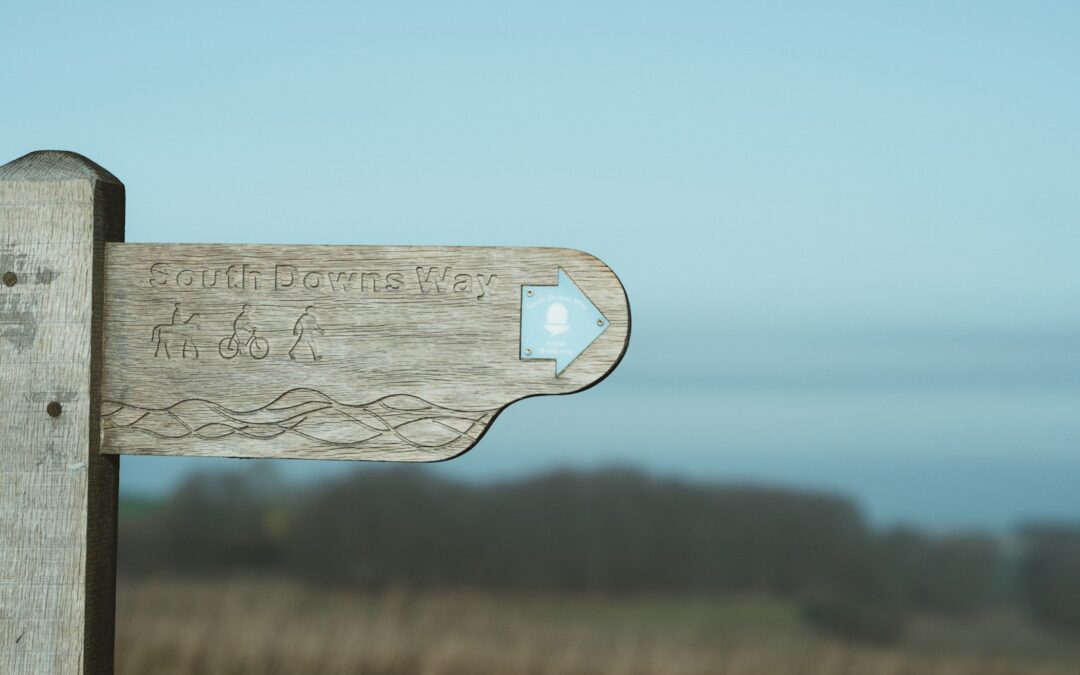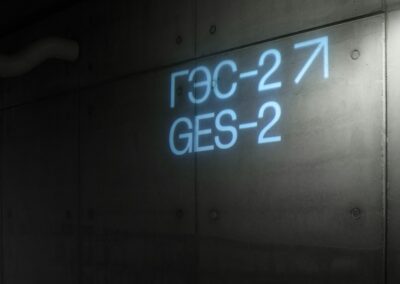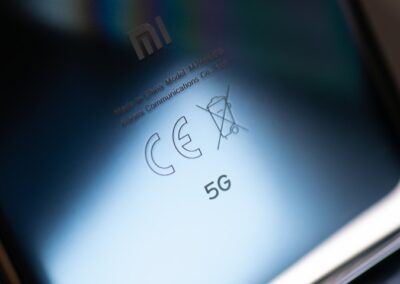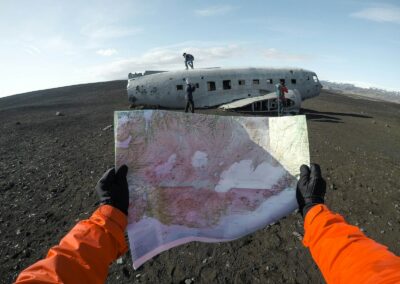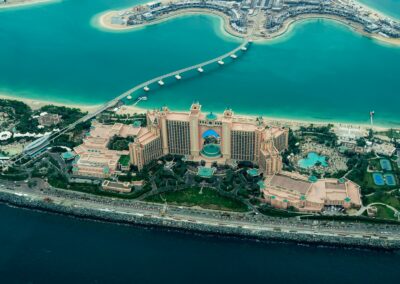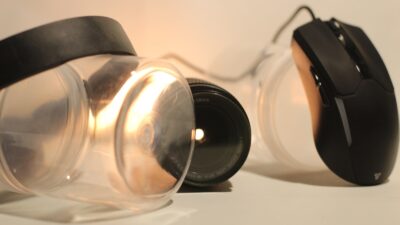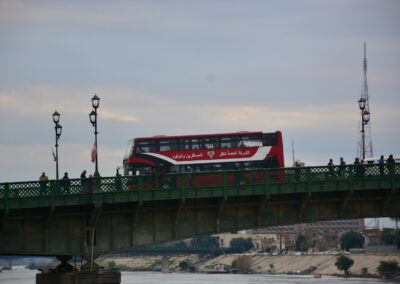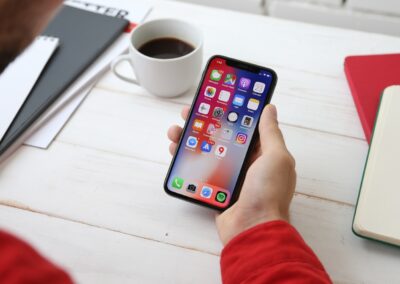The Future of Navigation with Augmented Reality
Innovative Examples of AR Navigation Applications
The landscape of navigation technology has been revolutionized by the advent of innovative AR navigation applications. One prime example is Google Maps’ AR walking directions. This feature overlays digital directions onto the real world through a smartphone camera, providing users with an intuitive and interactive way to navigate urban environments. By integrating real-time data with augmented reality, users can easily follow arrows and markers that guide them to their destination, enhancing accuracy and reducing confusion, especially in complex cities like Riyadh and Dubai.
Another cutting-edge example is the AR City app developed by Blippar. This application not only offers navigation but also enriches the user’s journey with contextual information about landmarks and points of interest. As users walk through the streets, the app provides historical data, restaurant reviews, and event details, creating a more immersive and informative travel experience. In the tech-savvy regions of Saudi Arabia and the UAE, where cultural heritage and modern amenities blend seamlessly, such applications offer tremendous value by enhancing both navigation and local exploration.
In the realm of indoor navigation, AR technology has made significant strides with applications like Pointr’s Deep Location platform. This app is designed to assist users in navigating large indoor spaces such as airports, shopping malls, and hospitals. By using AR overlays, the app provides step-by-step directions, ensuring that users can easily find their way in environments where traditional GPS signals are weak or unavailable. In bustling hubs like the Dubai Mall or King Khalid International Airport in Riyadh, such innovative solutions greatly enhance user convenience and efficiency.
Key Factors Contributing to the Effectiveness of AR Navigation
The effectiveness of innovative AR navigation applications lies in their ability to provide real-time, accurate, and contextually relevant information. By leveraging augmented reality, these applications transform the way users interact with their environment. One critical factor is the seamless integration of AR technology with existing navigation systems. Applications like Google Maps and AR City demonstrate how well-designed AR interfaces can complement traditional maps, offering a more interactive and engaging user experience.
Another essential element is the intuitive user interface (UI) and user experience (UX) design. AR navigation apps must be easy to use, with clear instructions and visual cues that guide users effectively. For instance, Google Maps’ use of arrows and markers in AR walking directions simplifies the navigation process, making it accessible even for those who are not tech-savvy. In regions like the UAE and Saudi Arabia, where user expectations for technology are high, delivering a seamless and user-friendly experience is paramount.
Additionally, the ability to provide personalized and context-sensitive information significantly enhances the value of AR navigation applications. Apps that offer detailed insights into the user’s surroundings, such as historical data, nearby amenities, and real-time traffic updates, create a richer and more engaging experience. This level of personalization is particularly beneficial in cities like Riyadh and Dubai, where diverse user needs and preferences must be catered to. By offering tailored information, AR navigation apps can ensure that users have a more satisfying and efficient navigation experience.
Overcoming Challenges in Developing Effective AR Navigation Solutions
Developing effective innovative AR navigation applications comes with its set of challenges. One primary challenge is ensuring the accuracy and reliability of AR overlays in diverse environments. AR technology relies on a combination of sensors, cameras, and GPS data to function correctly. In dense urban areas with tall buildings or in indoor spaces where GPS signals are weak, maintaining accuracy can be challenging. Developers must employ advanced algorithms and technologies to mitigate these issues, ensuring consistent performance across different settings.
Another significant challenge is addressing the hardware limitations of users’ devices. AR applications require substantial processing power and battery life, which can strain older or less powerful smartphones. To overcome this, developers must optimize their applications to run efficiently on a wide range of devices, ensuring broad accessibility. In markets like Saudi Arabia and the UAE, where users utilize various types of smartphones, creating inclusive and efficient applications is crucial for widespread adoption.
User privacy and data security are also critical considerations in the development of AR navigation apps. As these applications collect and process vast amounts of location and user data, ensuring robust security measures to protect user privacy is essential. Developers must implement strong encryption and data protection protocols to safeguard user information, fostering trust and confidence among users. In regions with stringent data protection regulations like the UAE, adhering to these standards is imperative for the successful deployment of AR navigation solutions.
Conclusion: The Future of AR Navigation in Enhancing User Experience
In conclusion, the development and deployment of innovative AR navigation applications present immense opportunities to enhance user experience across various settings. By addressing challenges related to accuracy, hardware compatibility, and data security through advanced technologies and thoughtful design, AR navigation apps can provide intuitive, engaging, and personalized navigation solutions. In tech-forward regions like Saudi Arabia and the UAE, where user expectations are high, continuously innovating and optimizing these applications will be key to achieving success and meeting the diverse needs of users.
—
#InnovativeARNavigationApplications #ARNavigation #UserExperienceInAR #AugmentedReality #NavigationSolutions #SaudiArabia #UAE #Riyadh #Dubai #ModernTechnology #BusinessSuccess #Leadership #ProjectManagement

